Google ‘healthcare heroes’ and you’ll find yourself reading a very, very white tale.
So this Black History Month, we want to change that narrative.
We may not have the skills to switch up Google’s search results from Beat HQ, but we can use our platform to balance the scales a bit. We can share true stories of Black medical excellence in the UK. And we can start with six healthcare heroes whose names you’ll want to know.
Meet marvellous May Tanner
A member of the Windrush generation, May came to the UK in 1956 from St. Lucy, Barbados. By 1959, she qualified as a mental health nurse and went on to become Bristol Royal Infirmary’s first Black ward sister in 1966 — a position she held until 1990.
“The white nurses you worked with, they would cross over. If you were coming down Channons Hill they worked with you on the ward, they would cross over to the other side as though you didn't know them.” — May Tanner
Tanner’s dedication to the NHS in the face of institutionalised racism must make her one of the most resilient women in history.
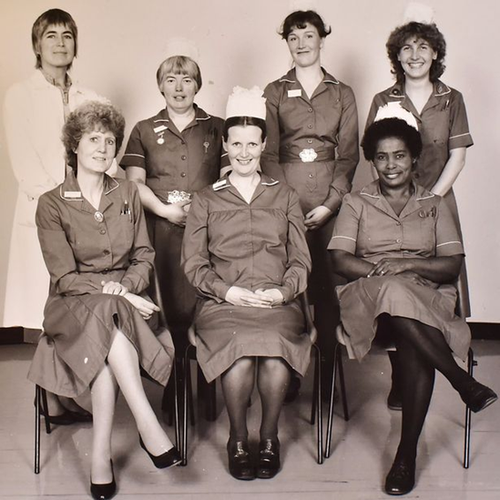
Read all about Louise Da-Cocodia
Louise came to England in 1955. She trained in the newly-formed NHS and eventually became the first Black senior nursing officer in Manchester. Louise is a true inspiration who battled for equality and education, throughout Manchester and beyond.
You can learn more about her through the foundation set up in her name, the Louise Da-Cocodia Education Trust.
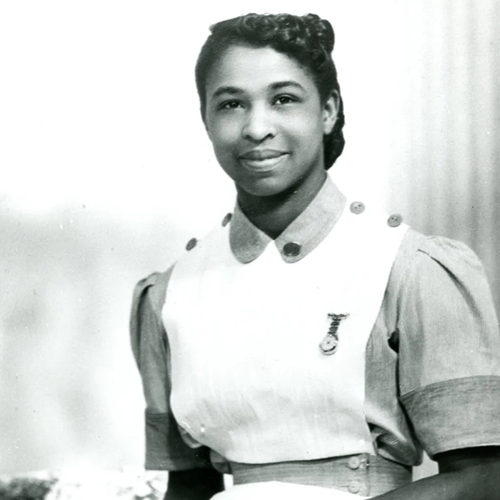
Discover the amazing Dr Franklyn Jacobs
Dr Franklyn Jacobs was born in St. Vincent.
After studying medicine at the University of the West Indies and working as a doctor in Trinidad, he came to the UK in 1974.
One of the founders of the African Caribbean Medical society, he has been a key figure in raising awareness of the inequalities towards the Black community in our healthcare system.
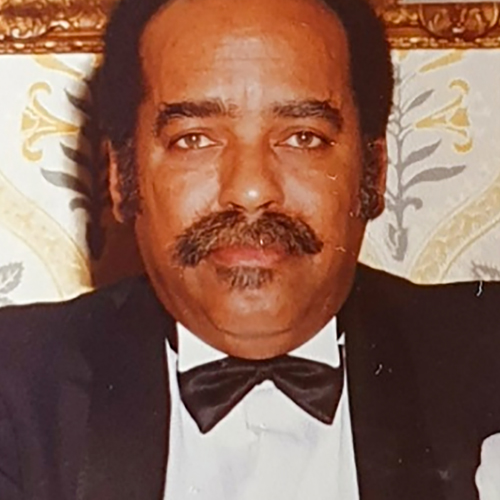
Do a little research on Dame Elizabeth Nneka Anionwu
In 1979, Elizabeth Nneka Anionwu helped to establish the first nurse-led UK Sickle and Thalassemia Screening and Counselling centre.
She was awarded a PhD from the Institute of Education in 1988 and went on to be awarded a Damehood for her monumental contribution to Nursing — among many other accolades.
She has chaired several projects for the NHS Sickle and Thalassaemia Screening programme, and her monumental efforts to bridge gaps for BME patients and healthcare professionals is truly inspiring.
In 2018, Elizabeth was listed within the 70 most influential nurses and midwives in the history of the NHS.
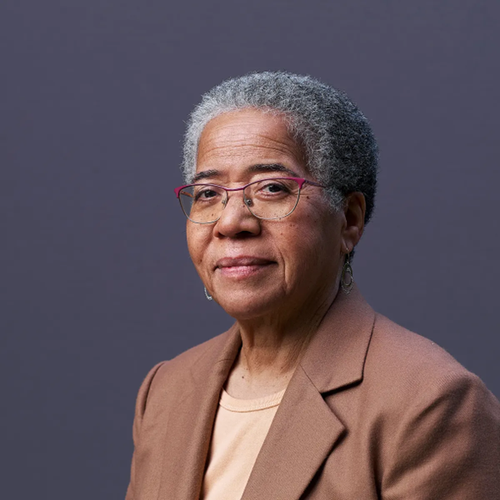
Celebrate the powerhouse: Princess Campbell
Princess was a pioneering figure in Bristol’s battle for racial equality. A nurse at Glenside hospital, she was denied the position of ward sister over her white colleagues.
She continued to push for justice, being promoted to the position in 1974 And in 1980, she set up the United Housing Association, which aimed to help Black people to find suitable housing in the face of racial prejudice from landlords.
Her community work pushed on well past her medical career, as a member of the Bristol Older People’s Forum in later years and a place on the management committee for the Malcolm X Centre.
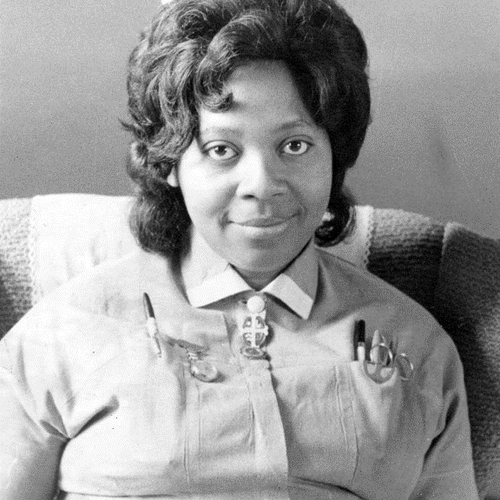
Omo-Oba Adenrele Ademola
Omo Oba Adenrele Ademola was the daughter of a King in the southern region of Nigeria.
She came to the UK several times before qualifying as a nurse here in 1941, and serving in hospitals during the Second World War.
Balancing her duties as a nurse with her duties as a royal, her infamy did wonders for the normalisation of black women in the NHS.
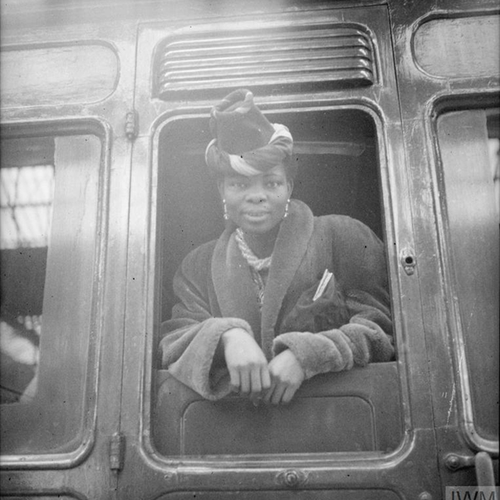
Want us to feature other Black healthcare heroes? Join in with our thread on Twitter, or Get in touch!